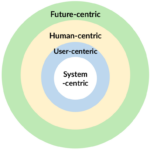Download the BibTeX file for all papers here
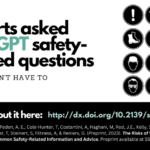
Oviedo-Trespalacios, Oscar, Amy E. Peden, Thomas Cole-Hunter, Arianna Costantini, Milad Haghani, J. E. Rod., Sage Kelly, Helma Torkamaan, Amina Tariq, James David Albert Newton, Timothy Gallagher, Steffen Steinert, Ashleigh Filtness, ...
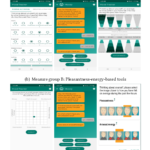
Helma Torkamaan Abstract Mood, often studied using smartphones, influences human perception, judgment, thought, and behavior. Mood measurements on smartphones face challenges concerning the selection of a proper mood measure and ...

Helma Torkamaan, Jürgen Ziegler Abstract Recommender Systems use implicit and explicit user feedback to recommend desired products or items online. When the recommendation item is a task or behavior change ...
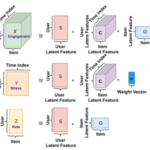
Chunpai Wang, Shaghayegh Sahebi, Helma Torkamaan Abstract Stress level modeling and predictions are essential in recommending activities and interventions to individuals. While successful stress models have been proposed in the ...
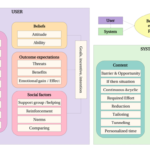
Helma Torkamaan, Jürgen Ziegler Abstract Behavior change for health promotion is a complex process that requires a high level of personalization, which health recommender systems, as an emerging area, have ...
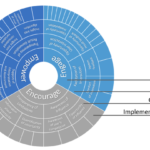
Katja Herrmanny, Helma Torkamaan Abstract Supporting personal health with Decision Support Systems (DSS)and, specifically, recommender systems (RS) is a promising and growing area of research. Integrating the user in the ...
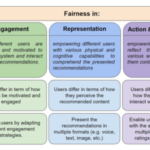
Mehdi Elahi, Himan Abdollahpouri, Masoud Mansoury, Helma Torkamaan Abstract Fairness is one of the crucial aspects of modern Recommender Systems which has recently drawn substantial attention from the community. Many ...

Helma Torkamaan, Jürgen Ziegler Abstract Commonly used mood measures are either lengthy or too complicated for repeated use. Mood tracking research is, therefore, associated with challenges such as user dissatisfaction, ...

Helma Torkamaan, Jürgen Ziegler Abstract With the growth of interactive text or voice-enabled systems, such as intelligent personal assistants and chatbots, it is now possible to easily measure a user’s ...

Helma Torkamaan, , Catalin-Mihai Barbu, Jürgen Ziegler Abstract Recommender systems (RS) often use implicit user preferences extracted from behavioral and contextual data, in addition to traditional rating-based preference elicitation, to ...
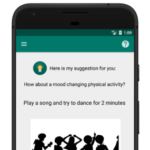
Helma Torkamaan, Jürgen Ziegler Abstract In recent years, recommender systems have emerged as a key component for personalization in health applications. Central in the development of recommender systems is rating-based ...
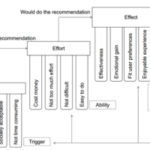
Helma Torkamaan, Jürgen Ziegler Abstract A multi-criteria rating looks for important dimensions to more extensively capture an individual’s opinion about a recommended item. Health Recommender Systems (HRS) is considered to ...

Hanna Schäfer, Santiago Hors-Fraile, Raghav Pavan Karumur, André Calero Valdez, Alan Said, Helma Torkamaan, Tom Ulmer, Christoph Trattner Abstract People increasingly use the Internet for obtaining information regarding diseases, diagnoses ...
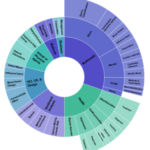
Helma Torkamaan, Jürgen Ziegler Abstract A growing number of studies in the computer science and engineering communities are addressing mood, an affective phenomenon related but not equivalent to emotion. While ...

